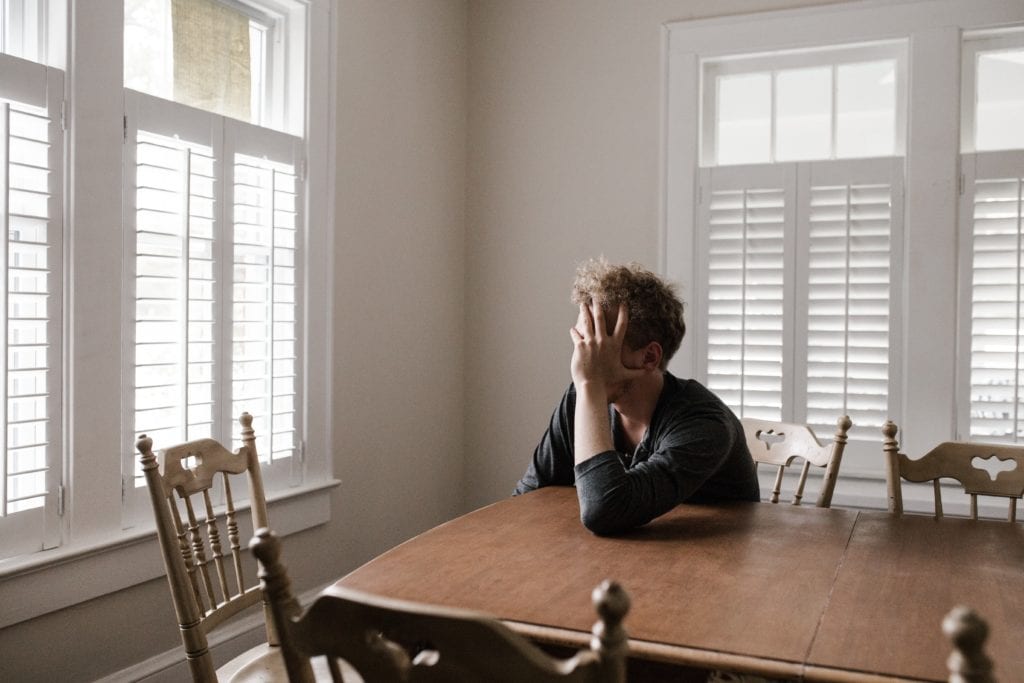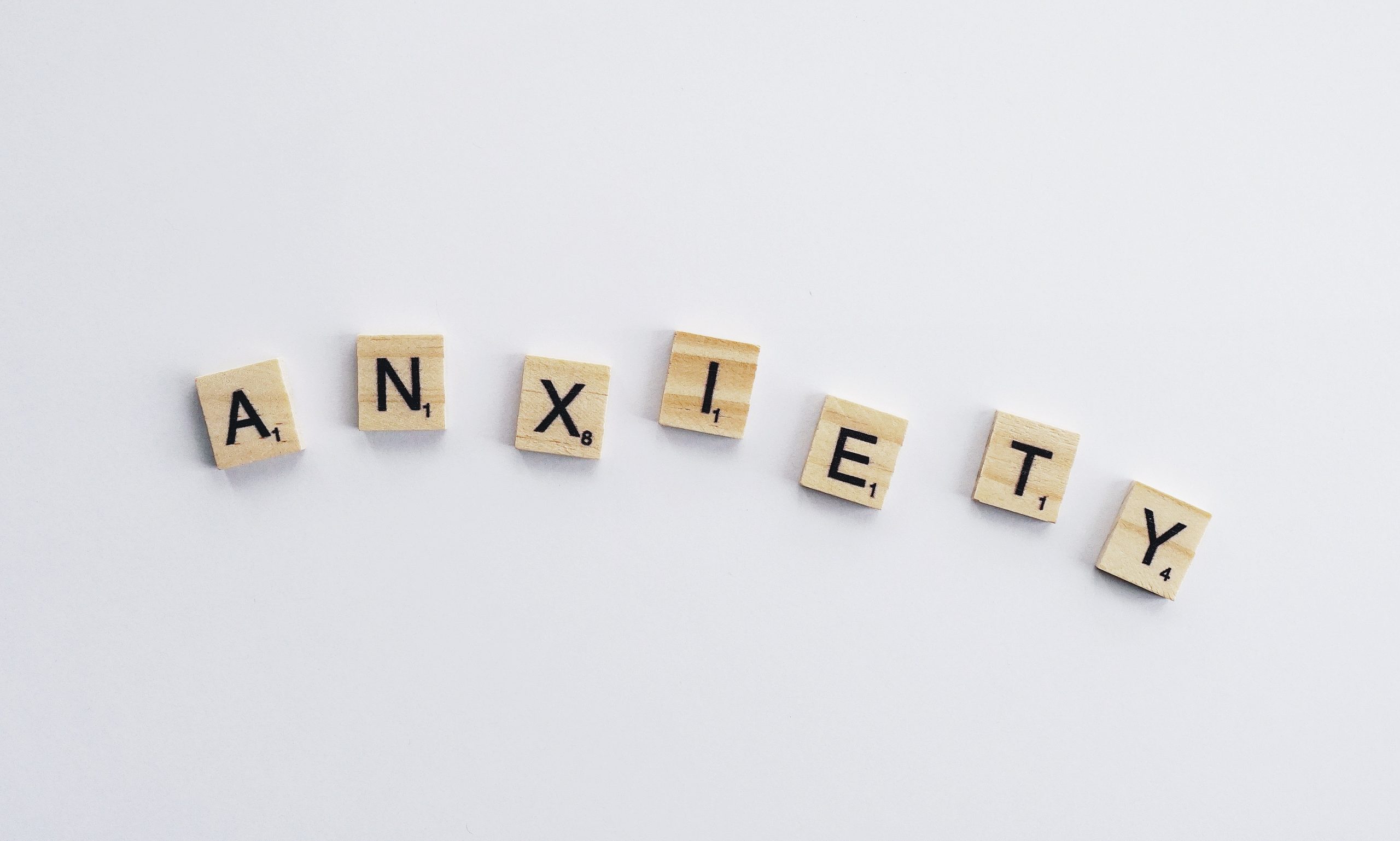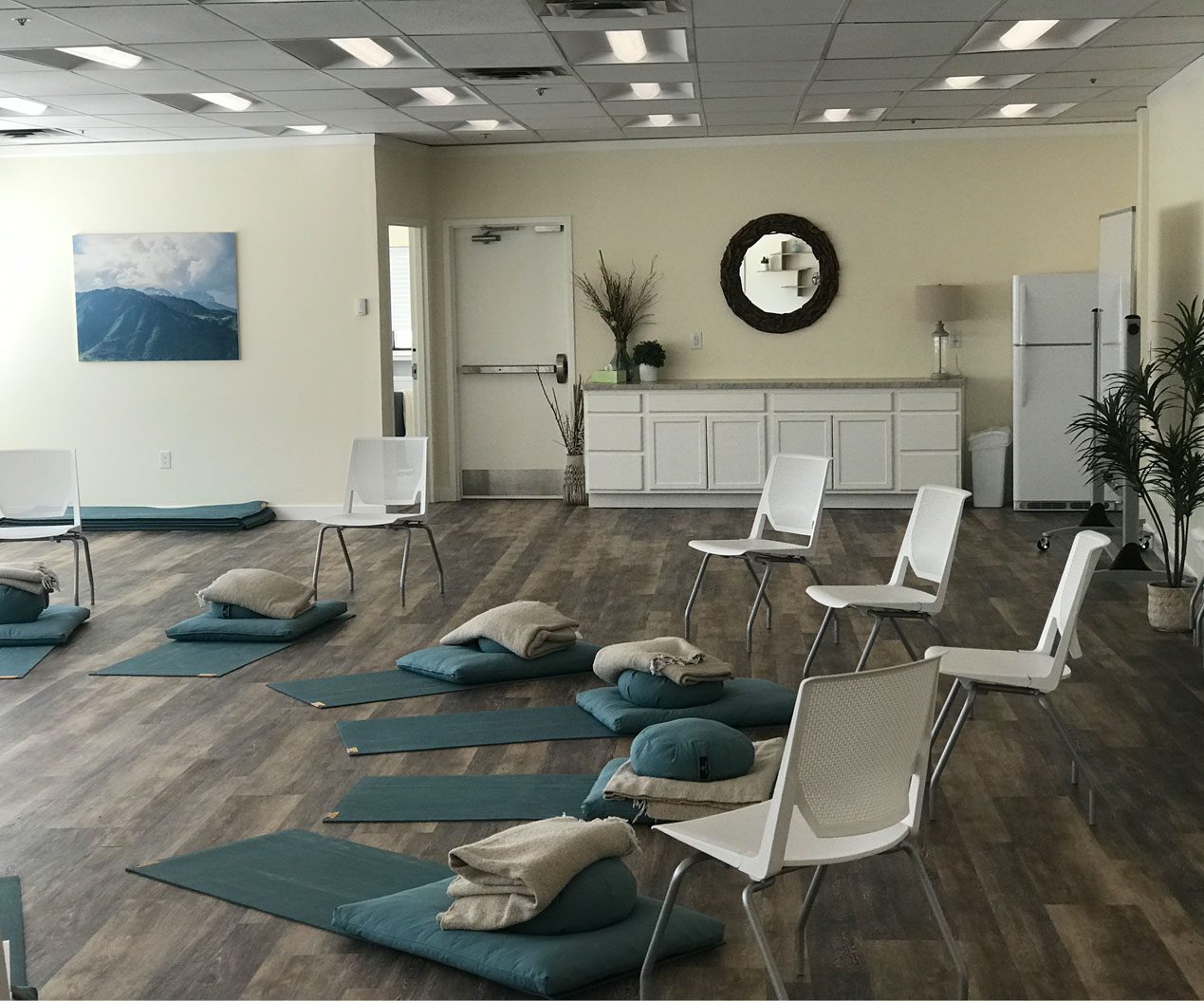The exact cause of anxiety is unknown. Some scientists wonder if genetics play a role in the development of anxiety disorders. Others square the blame more on the environment and certain lifestyle factors. Regardless of how or why it occurs, it’s clear that it’s a problem for many. Anxiety disorders are the most prevalent types of mental health illnesses in America. In fact, approximately 40 million adults experience some form of anxiety disorder—ranging from generalized anxiety disorder (GAD) to post-traumatic stress disorder (PTSD).
But it’s not just those who live with acute anxiety disorders that experience this mental discomfort. Just ask anyone who has lived . . . well, during 2020. They’ll tell you, anxiety can, at times, be hard to avoid. Plus, anxiety can even play havoc with your physical health.
In reality, there are a number of factors that contribute to anxiety. Whether a genetic predisposition places you at a higher risk of experiencing anxiety or not, these environmental and lifestyle components can place you in its crosshairs.
Personality Types
Type A personalities are more prone to experience this unease than others. The impatient, punctual, ambitious, competitive nature of type A personalities means more stress is placed on their daily lives and, thus, more chances to experience anxiety. Take this Type A Personality quiz to find out how much “A” you have.
Low Self-Esteem
Low self-esteem is linked to social anxiety disorder (SAD) and generalized anxiety disorder (GAD). Whether low self-esteem leads to anxiety disorders or anxiety disorders lead to low self-esteem, it’s clear that the two are inextricably connected. If you’re prone to feeling bad about yourself, focus on your positive characteristics. Write them down, practice positive self-talk and get plenty of exercise to help improve your overall mental health.
Stressful Life Events
From work-related stress and changes in living arrangements to problems with family or dealing with loss, life can get downright stressful. And while stress comes and goes, if it turns into excessive worrying, even in the absence of a stressor, that’s anxiety. So, while the two can be hard to differentiate, if you’re feeling stressed even when there’s nothing obvious to stress about, you’re most likely experiencing actual anxiety.

Substance Use
Individuals may “self-medicate” with alcohol or drugs to numb anxiety. It’s so prevalent that GAD is known to overlap with substance use disorders. But, conversely, substance use can lead to an increase in anxiety. Like so many other mental health challenges, it can be a vicious cycle. And the most effective way to break the cycle is to curb substance use.
Physical Health Problems
From diabetes to heart disease, problems with your physical health can be stressful and lead to anxiety. The best way to prevent these problems is through improving your physical health, or seeking the treatment needed for your health challenges. Plus, being active can help improve your brain’s health and, ultimately, lead to a happier, more fulfilled life.
Caffeine Use
Who can go without their morning dose of caffeine? And yes, caffeine has its place. It can increase your alertness and give you a jolt of energy when needed. But too much caffeine leads to nervousness, irritability or even, anxiety. The Food and Drug Administration (FDA) recommends limiting caffeine intake to 400 mg per day. So, if you find yourself sweating, shaking or feeling nervous after you drink that last cup of coffee or energy drink, you might want to consider easing off.
Here to Help
Davis Behavioral Health is here to help when life gets stressful. We have trained, experienced, caring mental health professionals on staff to help you manage anxiety. We also offer classes that range from managing emotions to mindfulness. We provide substance use support, as well. We are your ally in improving mental health and wellbeing. If you’re struggling with mental health challenges, remember that seeking help is an act of strength and self-respect, rather than a sign of weakness.



